Kim Philby was, for almost 50 years, one of the best spies the Soviet Union has ever had in the West.
In order to conduct his espionage activities, Philby infiltrated the English Secret Service, working for the British Intelligence for years and gaining access to extremely important top-secret information, which he duly turned over to Moscow.
Harold Adrian Russell Philby, known as Kim, was born on January 1, 1912 in Ambala, India. His parents were both English.
He moved to England when he was still young, studying at Cambridge. There he came into contact with communism for the first time. It fascinated him.
Philby attempted to participate actively in communist movements, cooperating with political organizations first in Paris, then in Vienna.
He soon came into contact with the Communist Party in Moscow. In 1933 he became a secret agent for the Soviet government. Moscow assigned him the task of forming diplomatic ties with the British Government in order to obtain secret information.
To gain credibility with the British Government, Philby spent a great deal of time building a strong anti-communist reputation.
A master of the double-cross, Philby managed to join the SIS, or English Secret Service, working in the department dedicated to counterespionage.
During the day he was formally an English secret agent. At night he copied dispatches, took photos of codes and passed precious information on to Moscow.
In 1949, thanks to his excellent track record, the English Government sent Philby to Washington to establish ties with a nascent American secret service agency, the CIA. While abroad, Philby continued his counterespionage activities for the Soviet Government.
But in the early 1950s, the United Kingdom discovered some of the spies working in its midst. Officials became suspicious of Philby for the first time.
Nevertheless, the English sent him on a mission to Beirut, providing him with a false identity as a journalist.
But the doubts surrounding Philby continued to grow. In 1963 the British Secret Service received a tip-off concerning him, and sent an emissary to Beirut to investigate. Realizing the danger, Philby fled to Moscow. The English Government would never uncover any concrete proof against him.
In Moscow he started working directly for the KGB, dedicating himself to training spies.
Philby died of a heart attack on May 11, 1988. He was 76. The Soviet Union honored him with a state funeral.
His life inspired the novels The Fourth Protocol by Frederick Forsyth and The Human Factor by Graham Greene, who was his great friend.
In order to conduct his espionage activities, Philby infiltrated the English Secret Service, working for the British Intelligence for years and gaining access to extremely important top-secret information, which he duly turned over to Moscow.
Harold Adrian Russell Philby, known as Kim, was born on January 1, 1912 in Ambala, India. His parents were both English.
He moved to England when he was still young, studying at Cambridge. There he came into contact with communism for the first time. It fascinated him.
Philby attempted to participate actively in communist movements, cooperating with political organizations first in Paris, then in Vienna.
He soon came into contact with the Communist Party in Moscow. In 1933 he became a secret agent for the Soviet government. Moscow assigned him the task of forming diplomatic ties with the British Government in order to obtain secret information.
To gain credibility with the British Government, Philby spent a great deal of time building a strong anti-communist reputation.
A master of the double-cross, Philby managed to join the SIS, or English Secret Service, working in the department dedicated to counterespionage.
During the day he was formally an English secret agent. At night he copied dispatches, took photos of codes and passed precious information on to Moscow.
In 1949, thanks to his excellent track record, the English Government sent Philby to Washington to establish ties with a nascent American secret service agency, the CIA. While abroad, Philby continued his counterespionage activities for the Soviet Government.
But in the early 1950s, the United Kingdom discovered some of the spies working in its midst. Officials became suspicious of Philby for the first time.
Nevertheless, the English sent him on a mission to Beirut, providing him with a false identity as a journalist.
But the doubts surrounding Philby continued to grow. In 1963 the British Secret Service received a tip-off concerning him, and sent an emissary to Beirut to investigate. Realizing the danger, Philby fled to Moscow. The English Government would never uncover any concrete proof against him.
In Moscow he started working directly for the KGB, dedicating himself to training spies.
Philby died of a heart attack on May 11, 1988. He was 76. The Soviet Union honored him with a state funeral.
His life inspired the novels The Fourth Protocol by Frederick Forsyth and The Human Factor by Graham Greene, who was his great friend.
RELATED
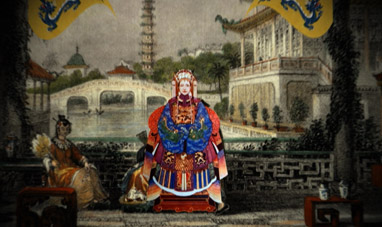

CIXI, DOWAGER EMPRESS OF CHINA
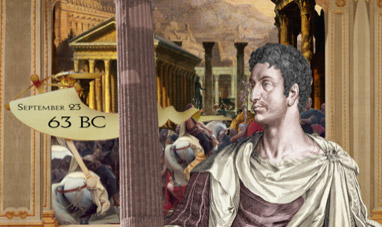

AUGUSTUS
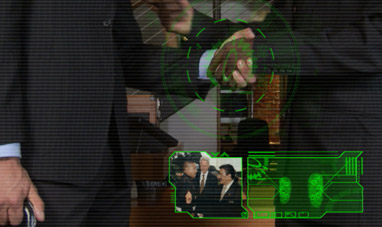

LEANDRO ARAGONCILLO
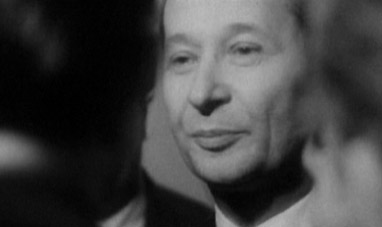

ALEXANDER DUBCEK
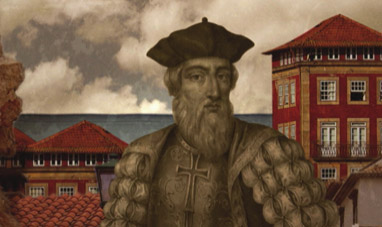

VASCO DA GAMA


THE COUNT-DUKE OF OLIVARES
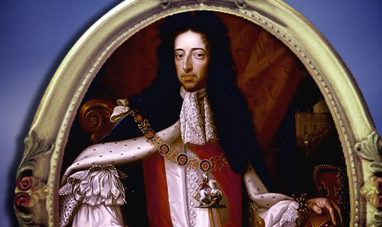

WILLIAM III, OF ORANGE
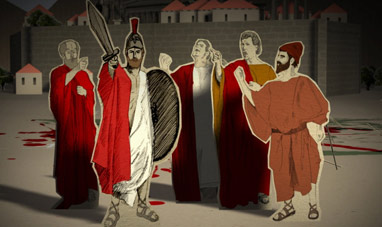

PERICLES
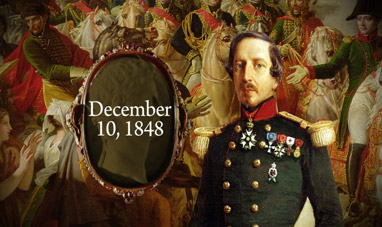

NAPOLEON III
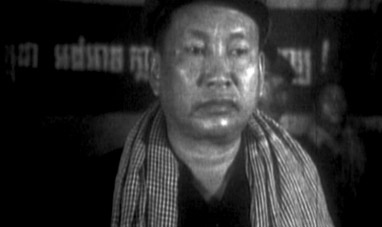

POL POT
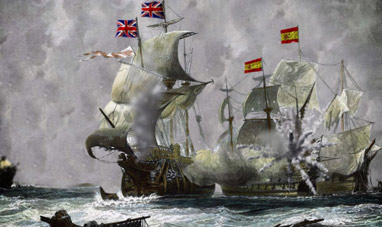

FRANCIS DRAKE
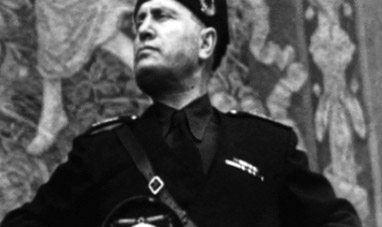

BENITO MUSSOLINI
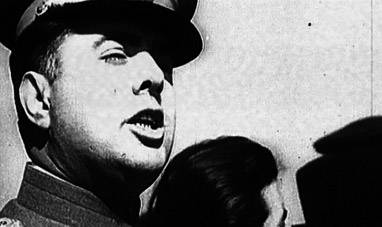

ENVER HOXHA
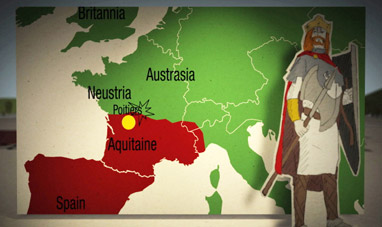

CHARLES MARTEL
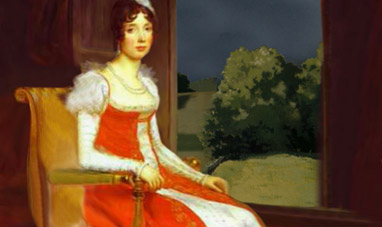

SISSI, EMPRESS OF AUSTRIA
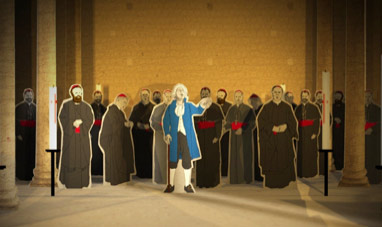

TALLEYRAND
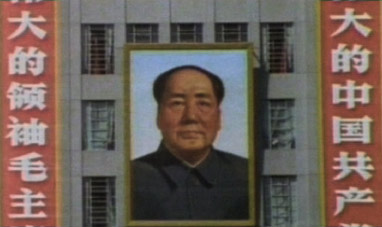

MAO ZEDONG
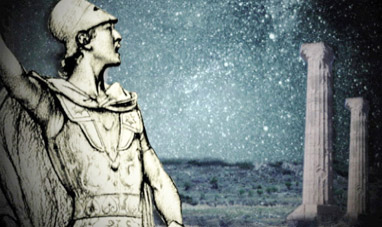

ALEXANDER THE GREAT
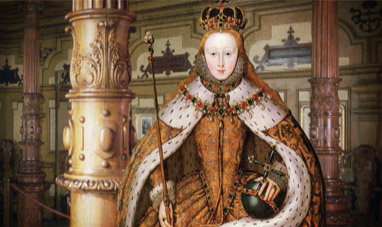

ELIZABETH I
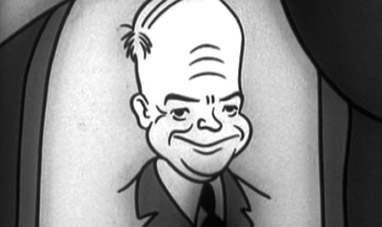

DWIGHT EISENHOWER
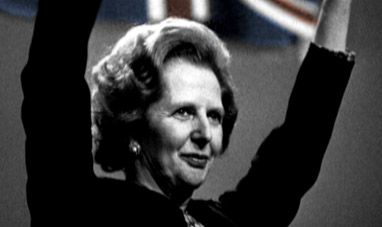

MARGARET THATCHER
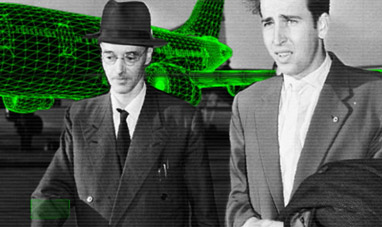

KLAUS EMIL FUCHS
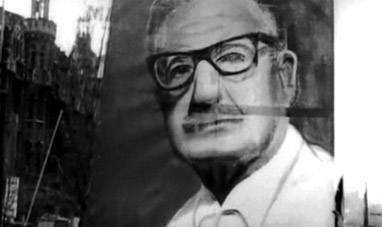

SALVADOR ALLENDE
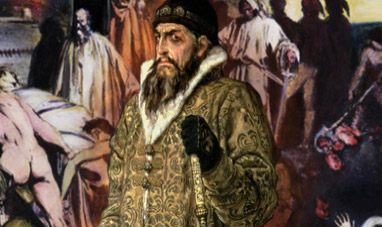

IVAN THE TERRIBLE
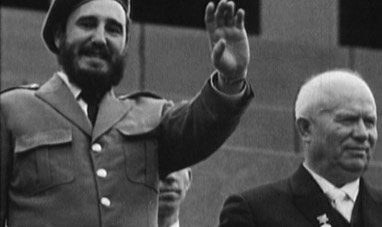

FIDEL CASTRO
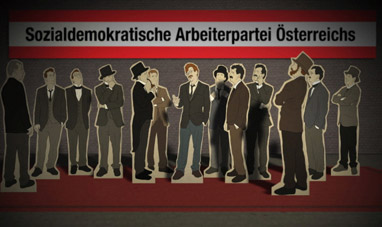

VIKTOR ADLER


JULIUS CAESAR
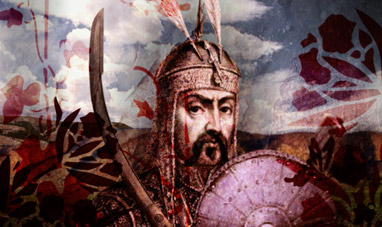

GENGHIS KHAN
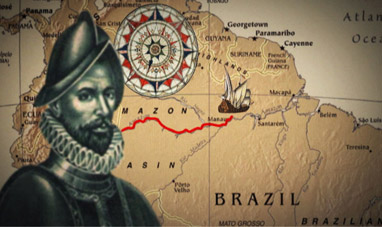

FRANCISCO DE ORELLANA
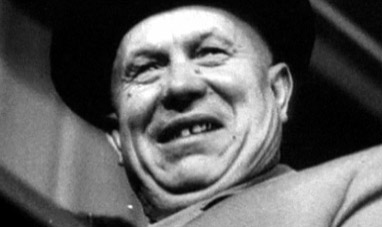

NIKITA KHRUSHCHEV
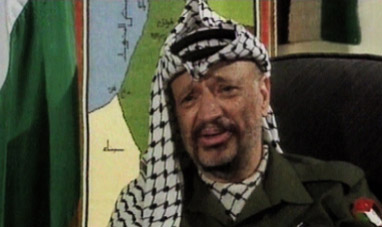

YASSER ARAFAT
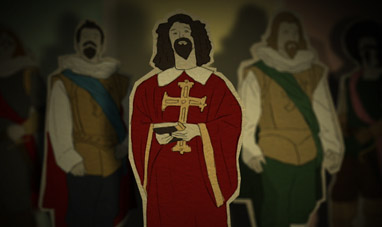

ARMAND-JEAN DU PLESSIS DE RICHELIEU


JAMES KEIR HARDIE
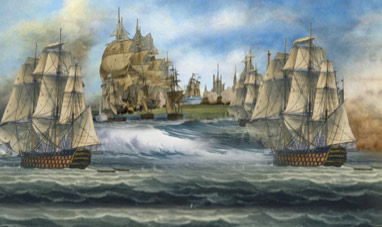

ZHENG HE
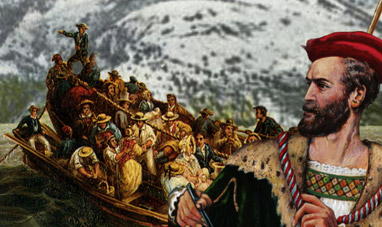

JACQUES CARTIER
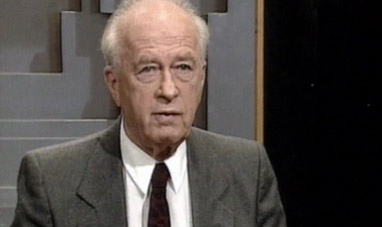

YITZHAK RABIN
